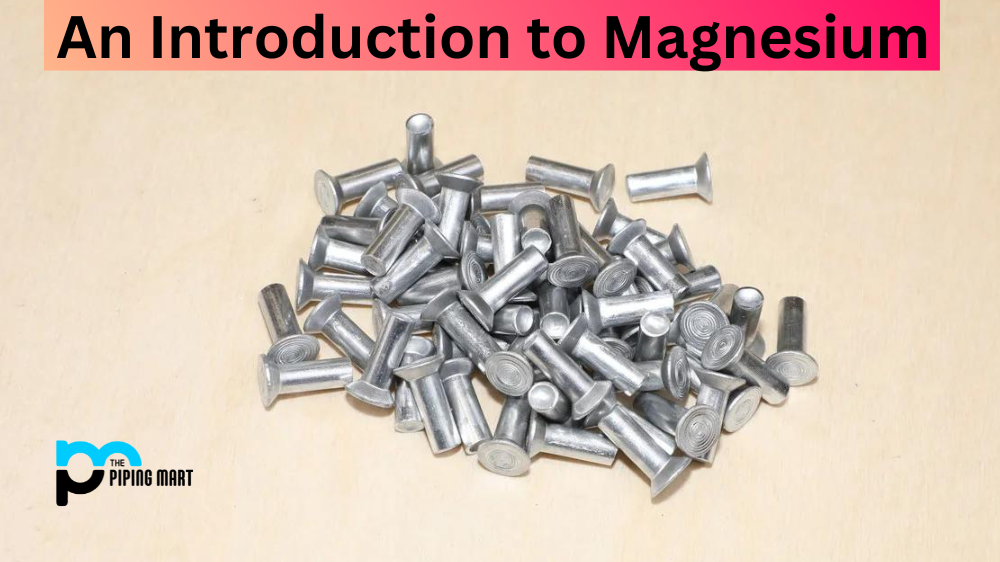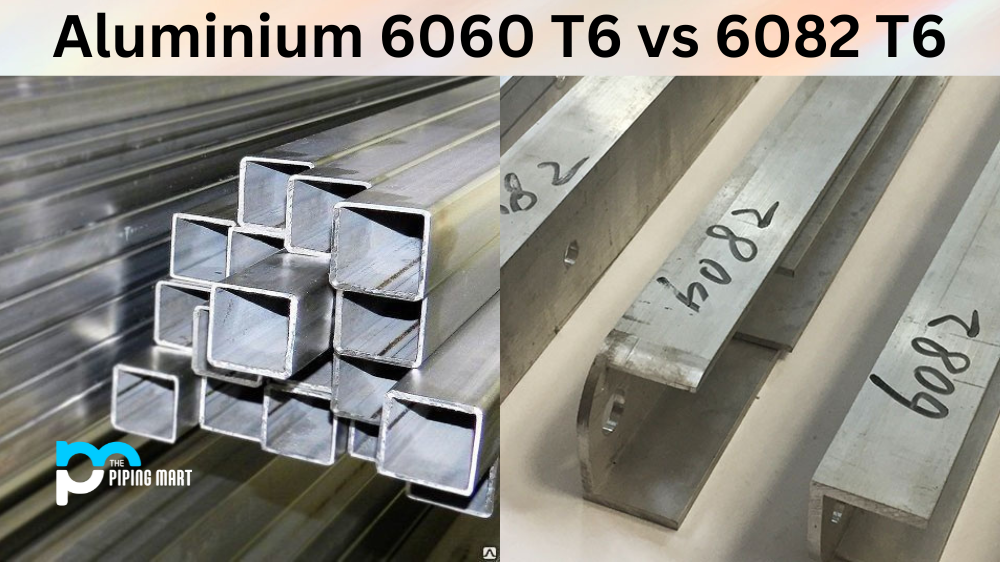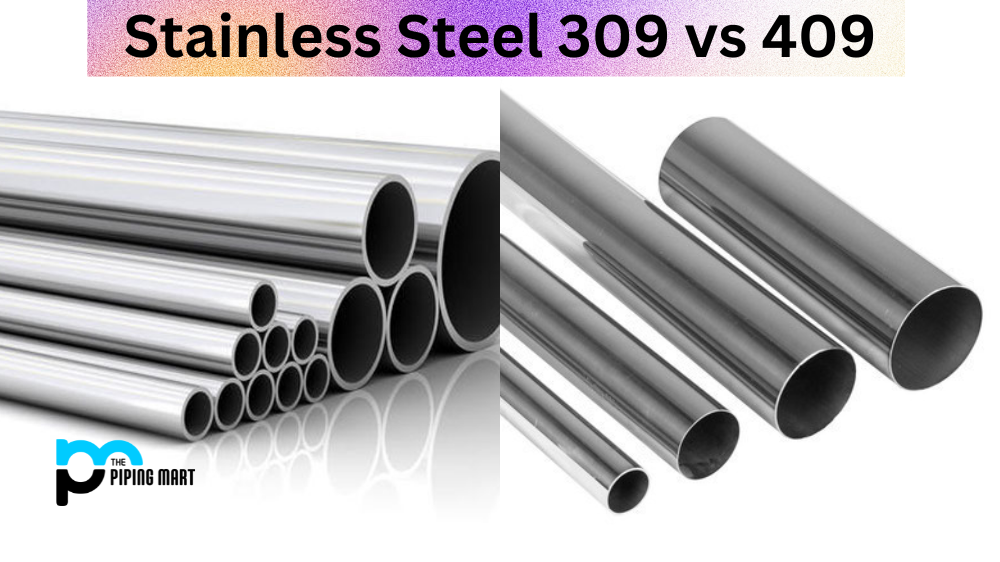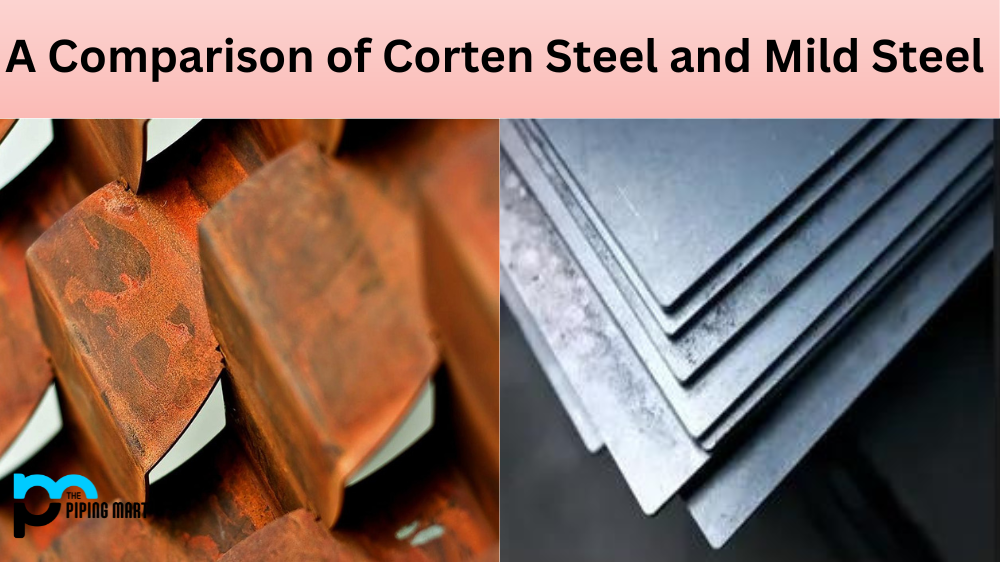Magnesium is a chemical element with the symbol Mg and atomic number 12. It’s the eighth most abundant element in the Earth’s crust and can be found naturally in many minerals. While it’s not classified as heavy metal, magnesium does have some unique properties that make it useful for a variety of industrial applications. Let’s take a look at what makes magnesium so special.
Magnesium Properties
Magnesium is a silvery-white, lightweight metal that is strong yet ductile. It has a low density and high strength-to-weight ratio, making it an ideal material for many industrial applications, such as aircraft parts, automotive parts, and medical prostheses. It also has excellent thermal conductivity and electrical conductivity; this makes it useful for electronic components and heat exchangers.
Magnesium also has unique chemical properties; it reacts with oxygen to form an oxide layer on its surface that prevents further corrosion. This oxidation layer helps protect magnesium from further corrosion or wear in harsh environments such as marine or offshore applications where exposure to salt water can cause rapid deterioration of metals like aluminum or steel.
Magnesium Uses
Because of its unique properties, magnesium is used in a wide range of industries, including aerospace, automotive, electronics, medical devices, and more. In aerospace applications, magnesium can be used to create components such as seat frames or landing gear due to its lightweight and high strength-to-weight ratio. In automobiles, magnesium can be used for engine blocks or brake calipers due to its excellent heat transfer capabilities and resistance to corrosion caused by exposure to road salt or other elements found in the environment. Additionally, magnesium alloys are commonly used in medical prostheses due to their biocompatibility—they do not cause an allergic reaction when implanted into the body as some metals do.
Conclusion:
Magnesium is an incredibly versatile material that has many uses across multiple industries due to its unique properties and ability to resist corrosion, even in harsh environments such as those encountered by aircraft or automobiles. Its low density, combined with its excellent thermal conductivity, makes it ideal for precision components such as engine blocks or brake calipers, while its biocompatibility means it can be safely implanted into human tissue without causing allergic reactions like some other metals to do. With so many potential uses across multiple industries, it’s no wonder why magnesium continues to be popular today despite being one of the oldest known elements on Earth!
Meet Heer, a dynamic and driven writer learning tricks of her trade in the metal industry. With a background in Digital Marketing, Heer brings a unique perspective to her writing, sharing valuable insights. Apart from blogging she like reading and hiking.




